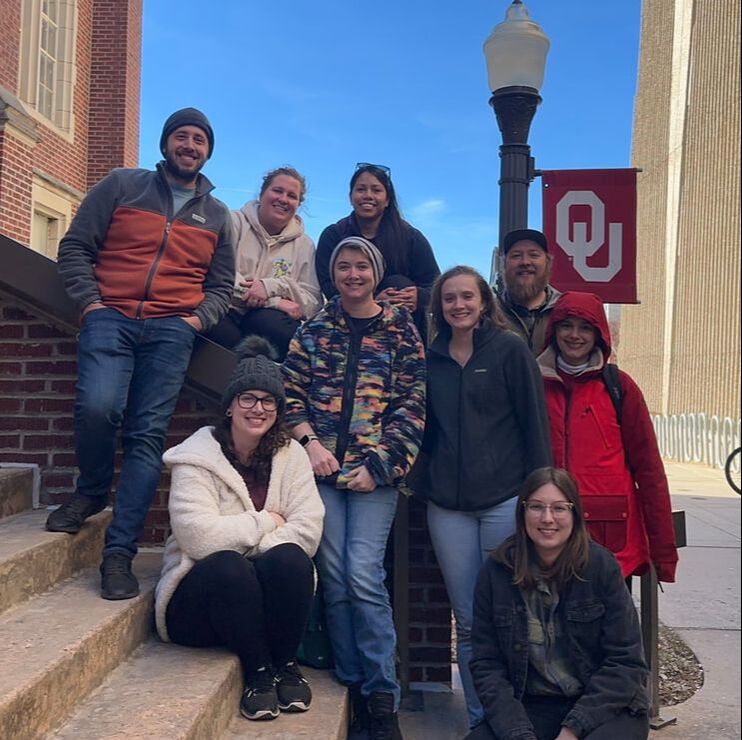|
Most pathogens that cause disease in humans, domestic animals, or wildlife can infect multiple species, and spillover is driven by the spatial and temporal intensity of infection in reservoir hosts. Our work explores the ecological and evolutionary factors that determine infection dynamics in reservoir hosts and cross-species transmission risk. We combine field studies, meta-analysis, epidemiological models, -omics techniques, and machine learning to better understand how pathogens spread within and between populations and species and the impacts of environmental change. Much of our research focuses on zoonotic pathogens in bats and birds, but we are fundamentally driven by questions. Some current questions include:
Our work is united around using models to develop field-testable predictions. We aim to better understand how environmental change affects infectious disease risks and to generate robust predictions for guiding surveillance and management. We maintain a supportive lab environment that values collaborative science, quantitative rigor, creativity, and diversity. |
Field, laboratory, and computational projects in our group have been financially supported by the following organizations:













